 Those delicious holiday meals, cookies and treats, though they taste great can expand your waistline faster than you think. These extra pounds, though quick to appear can leave lasting effects on your body and lifestyle by decreasing energy resulting in less motivation to exercise. This trend can facilitate excess body fat which has been linked with coronary heart disease, high blood pressure, diabetes, osteoporosis, and many others. With this in mind, when making New Year’s resolutions it is important to consider a realistic exercise and diet plan that can be easily inserted into your lifestyle for the long term.
Those delicious holiday meals, cookies and treats, though they taste great can expand your waistline faster than you think. These extra pounds, though quick to appear can leave lasting effects on your body and lifestyle by decreasing energy resulting in less motivation to exercise. This trend can facilitate excess body fat which has been linked with coronary heart disease, high blood pressure, diabetes, osteoporosis, and many others. With this in mind, when making New Year’s resolutions it is important to consider a realistic exercise and diet plan that can be easily inserted into your lifestyle for the long term.
A key factor in successful weight loss and maintenance is evaluating your calorie intake versus your daily activity. We tend to forget, the primary purpose of food is to provide us energy for daily activity, this is referred to by experts as “energy balance.” Essentially if you take in more fat than you use in a day your body will store this fat, if you take in less calories than your body needs in a day stored fat will be converted to energy. Exercise is a great way to ensure that stored fat is used to produce energy as opposed to muscle tissue.
With the way modern technology has influenced society it is very easy for Americans to succumb to a passive lifestyle in both recreation and work environments. With this as a factor it is common for exercise to be pushed to the side but it is one of the most important elements in overall fitness. With the New Year make the time to formulate a regular exercise program if you don’t already have one. This can put other healthy habits into motion as exercise usually encourages good eating habits and in some cases can suppress appetite.
Here are some tips to facilitate successful long term exercise regimen:
-
Set realistic attainable goals
-
Have a good support from family and friends
-
Keep a journal to track progress
-
Formulate a specific plan and write it down
-
Track weight loss
-
Pace yourself to avoid injury
-
Remember the importance of warm-up and cool-down excercises
-
Reward yourself


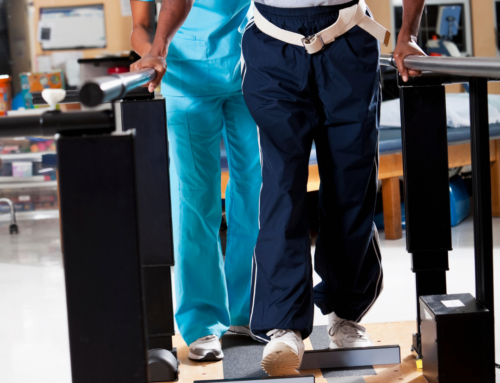
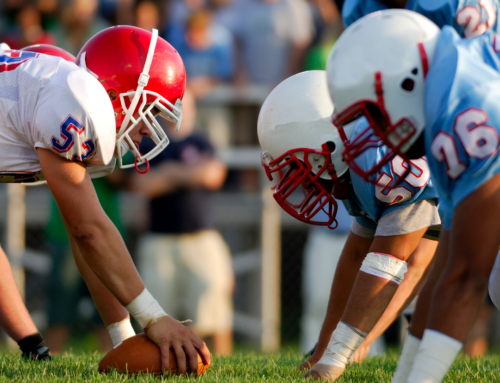
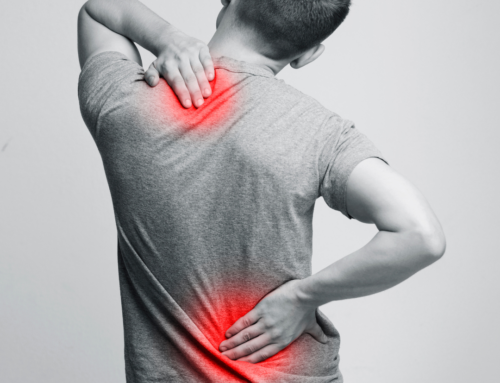
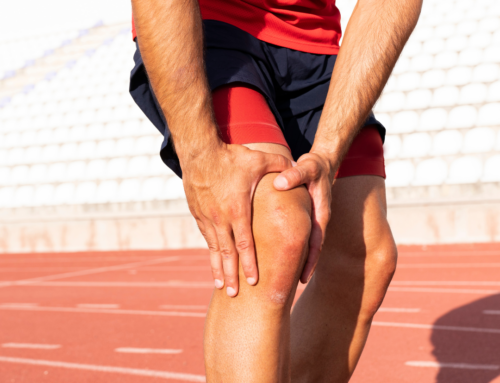
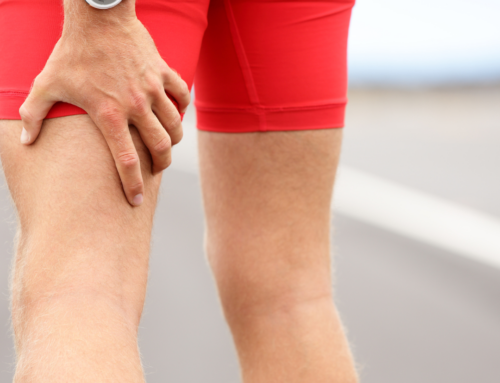
Leave A Comment